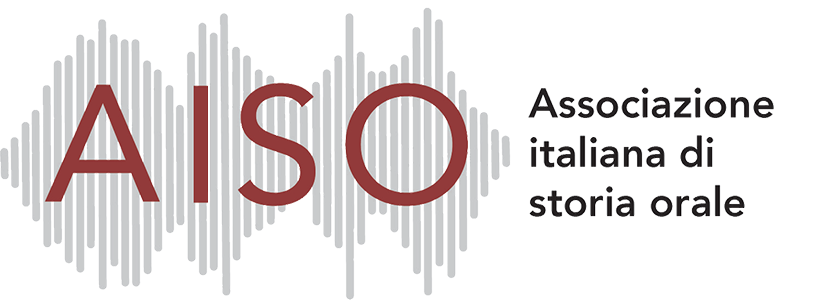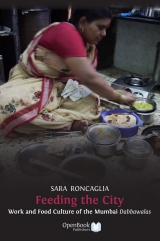Title: Feeding the City: Work and Food Culture of the Mumbai Dabbawalas
Author: Sara Roncaglia
Publication date: July 2013
Number of pages: 234
Dimensions: 6.14″ x 9.21″ | 234 x 156 mm
BIC subject codes: JHMC (Social & cultural anthropology, ethnography), KNDF (Food manufacturing & related industries), JHM (Anthropology)
ISBN Paperback: 978-1-909254-00-8
ISBN Hardback: 978-1-909254-01-5
ISBN Digital (PDF): 978-1-909254-02-2
ISBN Digital ebook (epub): 978-1-909254-03-9
ISBN Digital ebook (mobi): 978-1-909254-04-6
DOI: 10.11647/OBP.0031
Author: Sara Roncaglia
Publication date: July 2013
Number of pages: 234
Dimensions: 6.14″ x 9.21″ | 234 x 156 mm
BIC subject codes: JHMC (Social & cultural anthropology, ethnography), KNDF (Food manufacturing & related industries), JHM (Anthropology)
ISBN Paperback: 978-1-909254-00-8
ISBN Hardback: 978-1-909254-01-5
ISBN Digital (PDF): 978-1-909254-02-2
ISBN Digital ebook (epub): 978-1-909254-03-9
ISBN Digital ebook (mobi): 978-1-909254-04-6
DOI: 10.11647/OBP.0031
Every day in Mumbai 5,000 dabbawalas (literally translated as “those who carry boxes”) distribute a staggering 200,000 home-cooked lunchboxes to the city’s workers and students. Giving employment and status to thousands of largely illiterate villagers from Mumbai’s hinterland, this co-operative has been in operation since the late nineteenth century. It provides one of the most efficient delivery networks in the world: only one lunch in six million goes astray.Feeding the City is an ethnographic study of the fascinating inner workings of Mumbai’s dabbawalas. Cultural anthropologist Sara Roncaglia explains how they cater to the various dietary requirements of a diverse and increasingly global city, where the preparation and consumption of food is pervaded with religious and cultural significance. Developing the idea of “gastrosemantics” – a language with which to discuss the broader implications of cooking and eating – Roncaglia’s study helps us to rethink our relationship to food at a local and global level.
Sara Roncaglia is a cultural anthropologist. Her current research is concerned with the cultural dynamics of food and the anthropology of work.
Copyright information:
© 2013 Sara Roncaglia.

This book is licensed under a Creative Commons Attribution-NoDerivs 3.0 Unported Licence: http://creativecommons.org/licenses/by-nd/3.0/
This license allows for copying any part of the work for personal and commercial use, providing the work is not translated or altered and the following author and publisher attribution is clearly stated: Sara Roncaglia, Feeding the City: Work and Food Culture of the Mumbai Dabbawalas (Cambridge: Open Book Publishers, 2013).
Further details and the full legal statement of this CC-BY licence are available at http://creativecommons.org/licenses/by/3.0/
The publication of this book is financed by the generous support of interested readers and organisations, who made donations using the crowd-funding website unglue.it
Articoli Correlati:
Premio SISCALT Lorenzo Riberi
E' stato inde...
Premio Barbara Fabiani III° edizione
La cas...
Congresso Areia America Latina-Europa: Silenzi, reticenze, finzioni nelle narrazioni di mi...
Segnaliamo il...
Gabriella Gribaudi, Combattenti, sbandati, prigionieri. Esperienze e memorie di reduci del...
Segnaliamo l'...
PREMIO TESI DI LAUREA/DOTTORATO Giorgio Asproni” | 31 agosto 2013
È indetto il ...

